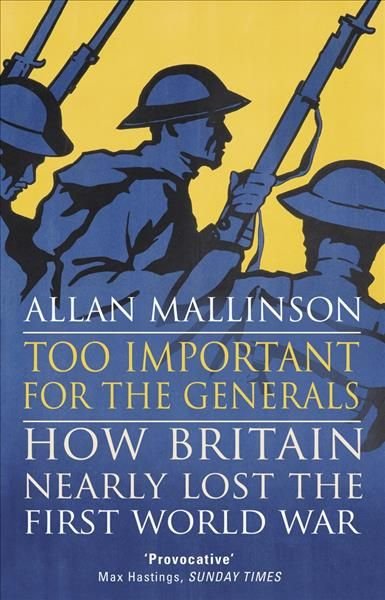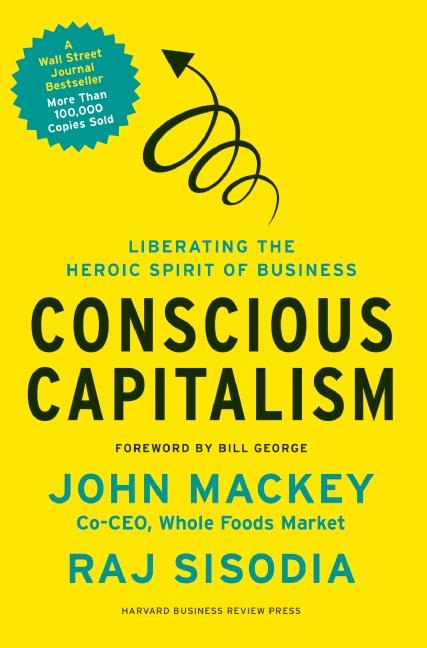One of the great questions in the ongoing discussions and debate about World War I is why winning took so long and exacted so appalling a human cost. In this major new history, Allan Mallinson provides answers that are disturbing as well as controversial, and have a contemporary resonance. He disputes the growing consensus among historians that British generals were not to blame for the losses&;that, given the magnitude of their task, they did as well anyone could have. He takes issue with the popular view that the “amateur” opinions on strategy of politicians such as Lloyd George and, especially, Winston Churchill, prolonged the war and increased the death toll. On the contrary, he argues, even before the war began Churchill had a far more realistic, intelligent, and humane grasp of strategy than any of the admirals or generals, while very few senior officers were up to the intellectual challenge of waging war on this scale. Mallinson argues that from day one of the war Britain was wrong-footed by absurdly faulty French military doctrine and paid, as a result, an unnecessarily high price in casualties. He shows that Lloyd George understood only too well the catastrophically dysfunctional condition of military policy-making and struggled against the weight of military opposition to fix it. And he asserts that both the British and the French failed to appreciate what the Americans&; contribution to victory could be and, after the war, to acknowledge fully what it had actually been.












